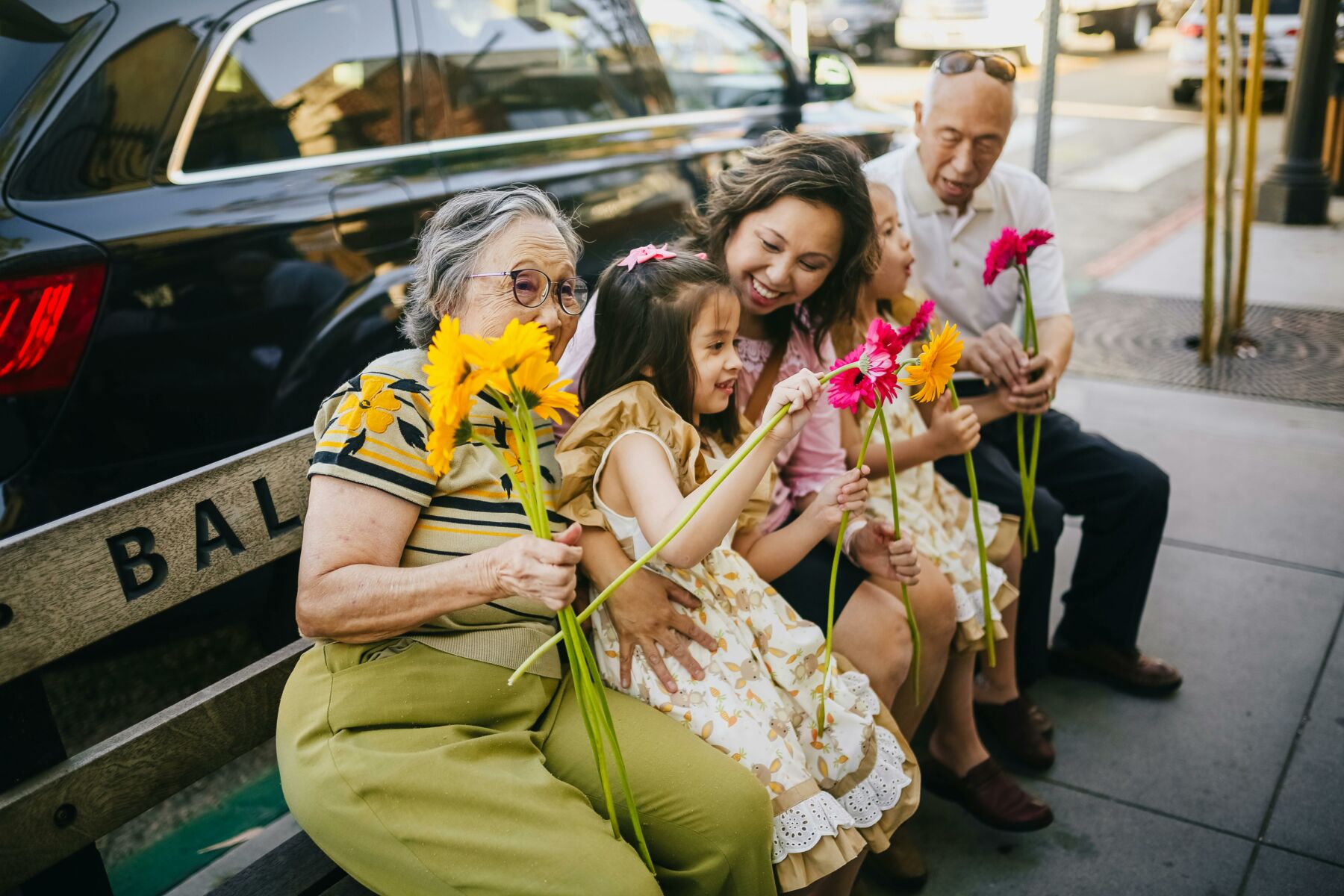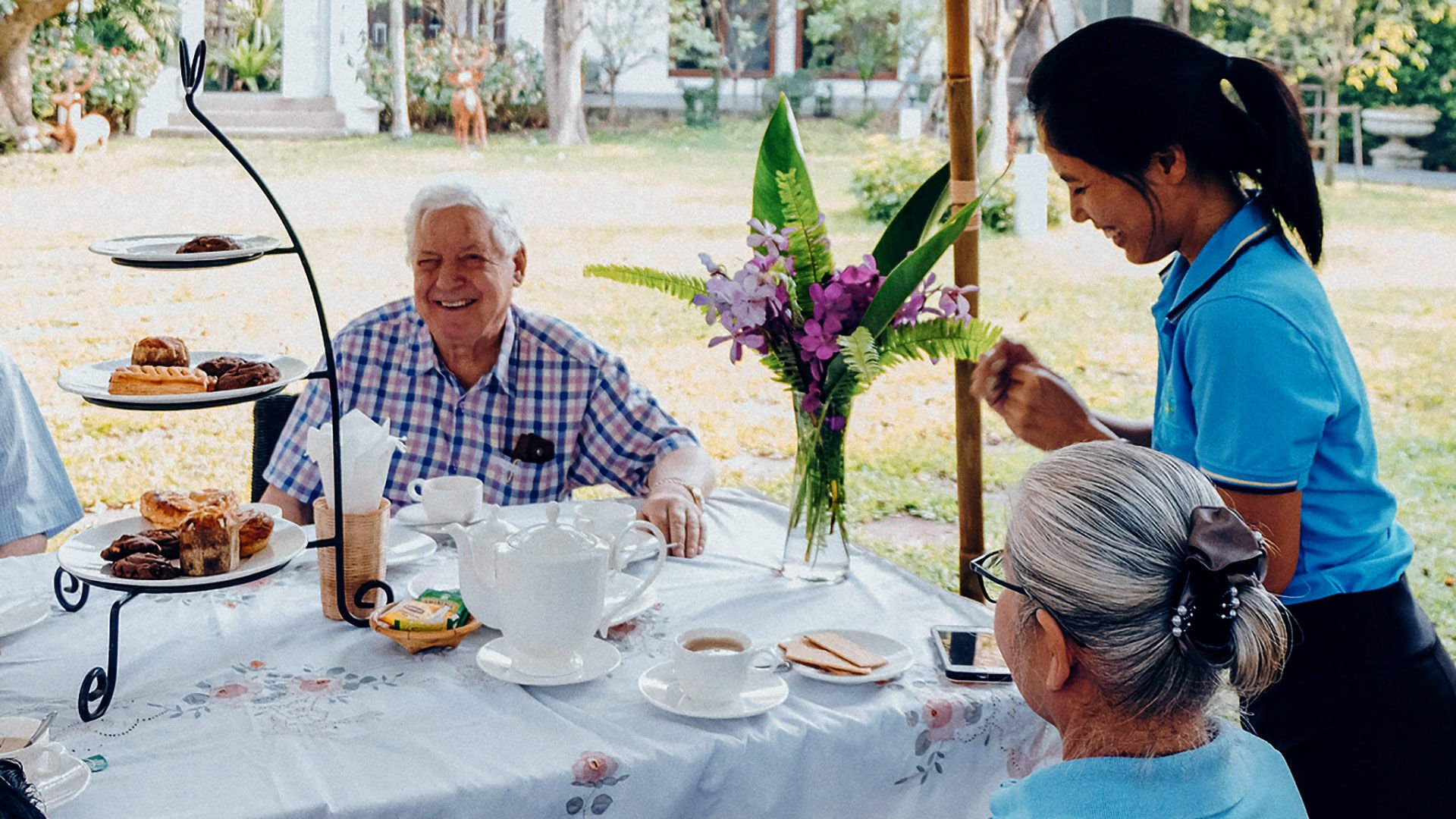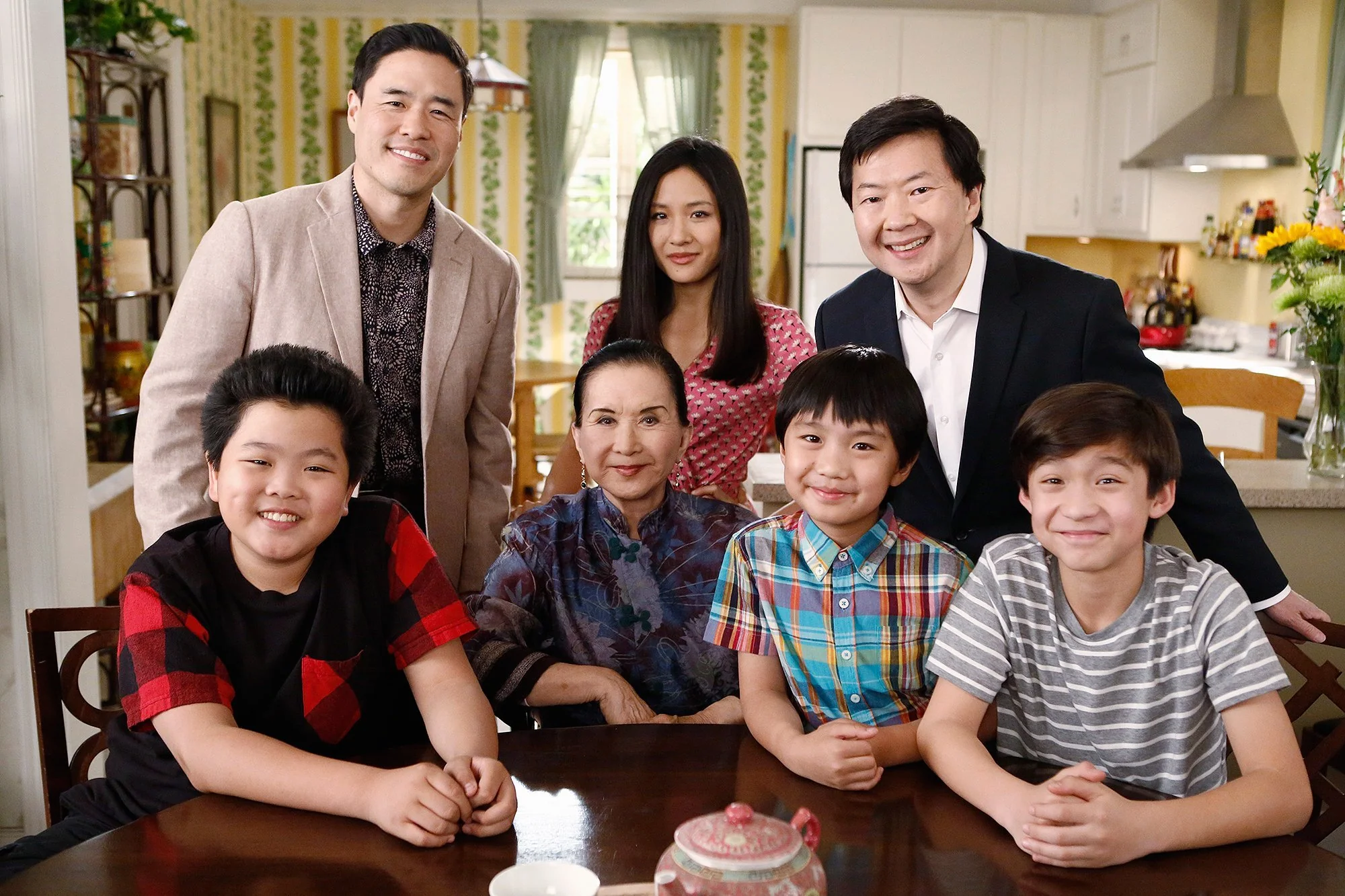Time to retire: Family home or retirement home?

Are you about to retire or think it’s time to take a break? Retirement is on its way and the next step after you resign is to find a new home. While many people enjoy living with their significant other, others prefer a more community-based living situation. Two of the biggest types include multigenerational homes and retirement homes. Although there are cultural differences and approaches when choosing a home for retirement, each option has its perks and disadvantages, so let’s break it down!
Multigenerational homes
Understanding multigenerational homes
What is a multigenerational home? A more simple term for this is a ‘family home’. Although this term is not commonly connected to multigenerational homes, it can be an easy way to visualise what it is. Multigenerational homes typically illustrate many generations living together. This is more common in Asian cultures, where it can also be known as 三代同堂 (sān dài tóng táng) in Chinese, otherwise known as three generations under one roof.
There are many perspectives on this retirement housing approach so let’s break down the pros and cons!
Pros: Embracing family bonds

- Family support: Living with family members can provide emotional support, companionship, and a sense of belonging. This arrangement can be especially beneficial during the transition to retirement, offering a familiar environment and close-knit relationships.
- Shared responsibilities: Multigenerational living allows for shared responsibilities, from household chores to caregiving. This can alleviate the burden on any one individual and promote a more balanced and cooperative living arrangement.
- Financial savings: Pooling resources can result in significant financial savings. Shared expenses for utilities, groceries, and housing costs can make retirement more affordable and reduce financial stress.
Many people value spending time with family and this is a perfect way to get closer to family after retirement. If you prefer to settle down and travel less, a meaningful way of using your time wisely is spending it with family. Additionally, if you aren’t the type to get rid of all your responsibilities when you retire, choosing this option opens up a variety of ways to stay active and help out in your family. Furthermore, if you value family time, this is an excellent way to create a memorable experience for both your children and grandchildren.
Cons: Too close for comfort
- Lack of privacy: Sharing a home with family members can lead to a lack of privacy and personal space. This might be challenging for individuals who value their independence and solitude.
- Potential conflicts: Different generations living under one roof can lead to conflicts due to differing lifestyles, values, and expectations. Navigating these differences requires open communication and mutual respect.
- Dependence: Relying on family members for support and care can sometimes create feelings of dependence or burden. It’s essential to strike a balance between seeking help and maintaining independence.
Depending on family values and culture, it leads to different preferences in what type of home you want to settle in. In Asian households, there is a greater emphasis on lack of privacy and the increased interactions can often lead to more conflicts. However, this is resolvable as this depends on family dynamics. Furthermore, although it was mentioned that financial savings can be a benefit when living in a family home, it can also be considered a drawback. For example, when living with three generations, it is common for the financial burden to fall on your children. However, this is typically not an issue when your children are open to the idea of living together and have accounted for additional costs. Additionally, this can be avoided through other forms such as being aware early and learning about investments and savings before retirement. There are many ways to overcome this ‘disadvantage’ of living in a family home so don’t let this factor stray you away from choosing this option.
Retirement homes
Understanding retirement homes
There are many types of retirement homes, whether it is an independent living community or an assisted living community. However, the main type that we are referring to is living with other adults who engage in active lifestyles and have access to support in different forms. For example, if you prefer to have access to different activities, your retirement home may have a variety of choices for you to partake in. There is often confusion with the term, nursing home, which focuses more on providing care for residents who are in need of medical care.
Pros: Community living for a new chapter
Living in a retirement home in Asian culture is often immediately correlated with a negative perspective as many do not see the purpose of living that way. There is also a large assumption that living in a retirement home leads to a lonely lifestyle and disconnect from family; however, this is more correlated with finding a schedule that works with you and your family so make sure that even though you may be independent, you can find time for family!

- Social opportunities: Retirement homes offer a vibrant social environment with peers of similar age groups. Engaging in community activities, events, and shared interests can combat loneliness and promote a sense of camaraderie.
- Professional care: Many retirement homes provide access to professional healthcare and assistance. This can be particularly advantageous for individuals with medical needs, ensuring they receive proper care and attention.
- Convenience: Retirement homes often come with amenities such as housekeeping, dining services, and transportation. This convenience allows retirees to focus on enjoying their leisure time without worrying about daily chores.
When living in a retirement home, there isn’t much need to worry about in terms of meeting people and daily chores. You will often get the chance to meet new people in this community and will have access to many activities that can range from swimming to movie nights, and other brain games. It’s not all about bingo so don’t worry about getting bored! Although, there are also lots of opportunities for bingo if you are interested as well (don’t worry, bingo is a forever staple). The selection of activities at retirement homes is often underestimated but this may be the sign you were looking for to learn more about retirement homes.
Not only do you have a wide selection of activities, but you also have a very supportive community that is available to assist you if any medical help is needed. Overall, there is an endless list of support that is accessible to you through retirement homes.
Cons: New home adjustments
- Cost: Retirement homes can be expensive, with fees covering accommodation, services, and amenities. It’s crucial to carefully evaluate the financial implications and ensure the chosen facility fits within your budget.
- Adjustment period: Moving to a retirement home can require an adjustment period. Leaving a familiar home and adapting to a new environment might be challenging for some individuals.
- Loss of autonomy: While retirement homes offer convenience, they may also involve adhering to certain rules and schedules. This can limit personal freedom and the ability to make independent choices.
With all the fun activities that are planned for you, the costs will come with it. If you are likely to participate in most of the activities, it could be worth the price, however, if you do not believe you will be continuously spending a lot of your time using their amenities, it may be best to take that into account. Additionally, take into account that although you are given a wide range of experiences, you are also limited by what you can do as well. Furthermore, changing homes is always a challenge but don’t worry, retirement homes are very welcoming and will greet you with open arms!
Cultural considerations: Tradition vs. modernity

Cultural differences play a significant role in the choice between a family home and a retirement home. In some cultures, multigenerational living (family homes) is deeply rooted in tradition, emphasising the importance of family bonds and collective support. In contrast, other cultures may prioritise individual independence and view retirement homes as a practical solution for ageing.
Asian cultures often view living together as an act of care and as a way to strengthen family bonds. However, this does not mean that families of other cultures do not value their families as much just because they do not choose the same pathway. Many American families tend to choose retirement homes over family homes as there are a variety of benefits to retirement homes that are often overlooked.
Ultimately, the decision between a family home and a retirement home depends on personal preferences, financial considerations, and cultural values. It’s essential to weigh the pros and cons, discuss options with loved ones, and choose the living arrangement that aligns with your needs and aspirations for retirement.
Making the decision: Key factors to consider
- Health needs: Assess your current and future health needs. If you require regular medical attention, a retirement home with healthcare services might be more suitable.
- Financial situation: Evaluate your financial resources and budget. Consider the long-term costs of both options and ensure they align with your retirement plan.
- Social preferences: Reflect on your social preferences and desired level of interaction. If you thrive in a community setting, a retirement home might offer the social engagement you seek.
- Family dynamics: Consider the dynamics of your family and their willingness to support a multigenerational living arrangement. Open communication and realistic expectations are key to making this option work.
Retirement marks the beginning of a new chapter, and choosing the right living arrangement is crucial for a fulfilling and comfortable experience. As the trend of retiring early is increasing, remember that whether you opt for the warmth of a family home or the community spirit of a retirement home, prioritising your well-being and happiness will ensure a rewarding and enjoyable retirement journey.
Latest Thailand News
Follow The Thaiger on Google News:


























